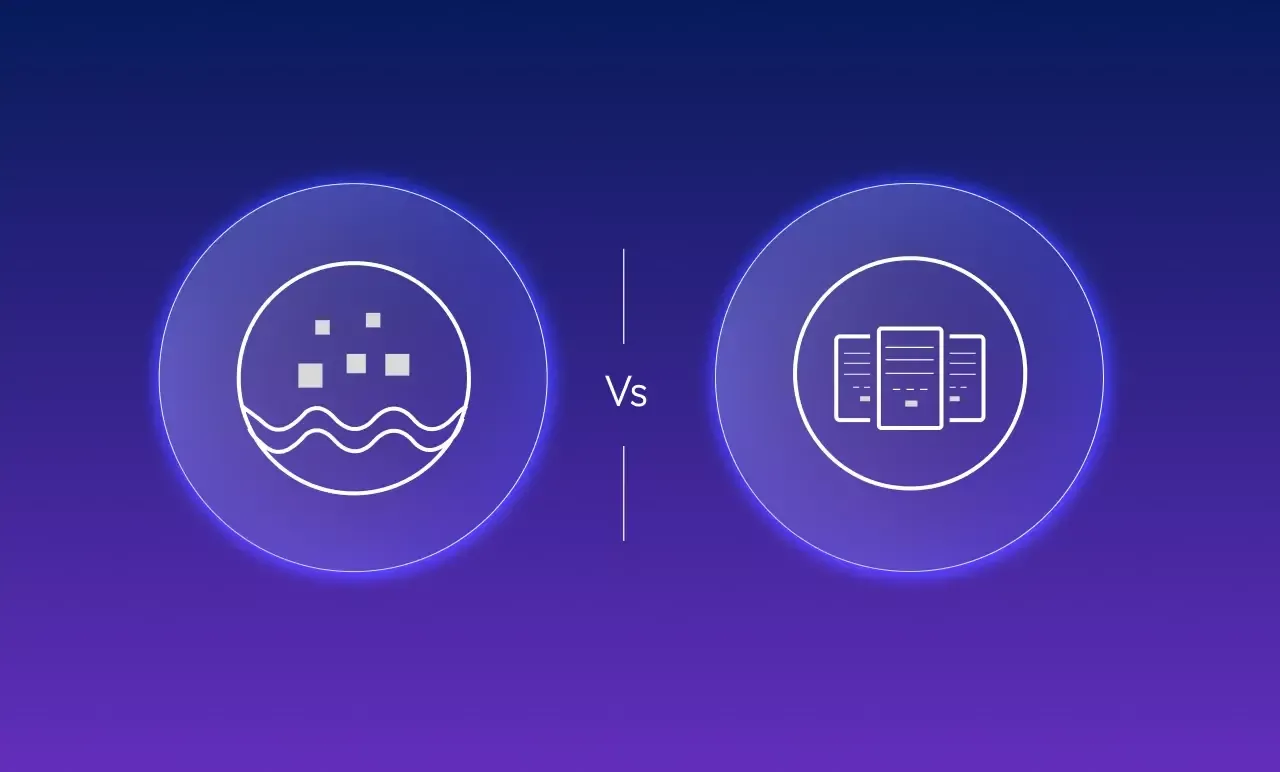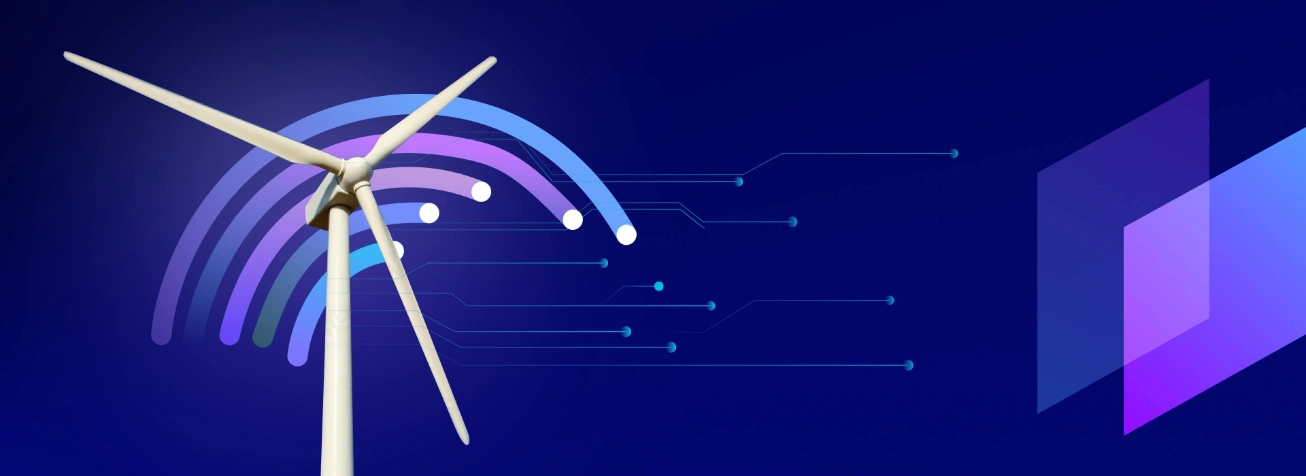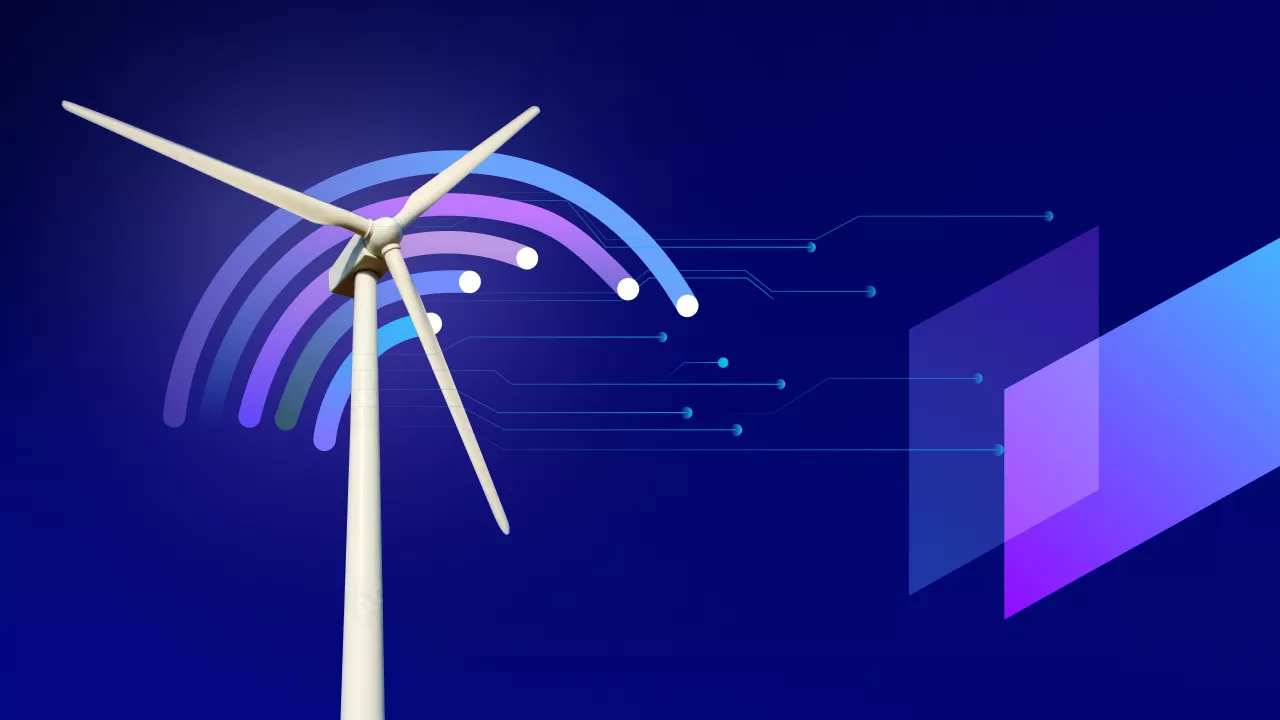Data Storage Decoded: Data Warehouse vs Data Lake Explained
Top 5 Applications of AI and Data Science in EnergyTech
In the dynamic landscape of EnergyTech, the synergy between Artificial Intelligence (AI) and Data Science has emerged as a game-changer. Artificial Intelligence (AI) is fundamentally transforming the energy sector landscape, reinventing power generation, distribution, and consumption dynamics.
The intricate and technology-driven realm of Energy & Utilities constantly urges entrepreneurs to harness innovations swiftly and comprehensively. Recognizing the potential of artificial intelligence to elevate human productivity, a staggering 92% of Energy & Utilities companies have already invested in AI or are poised to do so within the next two years, aiming to gain a competitive edge.
Incorporating AI and data science in various aspects, from smart grid management to renewable energy forecasting and even enhancing the safety of nuclear power plants, has created a paradigm shift that is steering the energy industry toward a future characterized by heightened efficiency, sustainability, and security.
With artificial intelligence emerging as a pivotal technology shaping the future of energy & utilities, let's delve into the transformative power of these technologies, highlighting the top 5 applications of AI and data science in EnergyTech that promise the most significant returns.
1. Smart Grid Management
Smart grids are advanced electricity supply networks that leverage digital communications technology to respond dynamically to local changes in usage. AI has ushered in a new era for Smart Grid Management. By harnessing predictive analysis, AI ensures the reliability of grid infrastructure. Data Science further optimizes grid performance and accurately forecasts load patterns, leading to more efficient energy distribution.
AI plays a pivotal role in the management of smart grids, advanced electricity supply networks leveraging digital communications technology to dynamically respond to local changes in usage. Through the deployment of AI algorithms, predictive capabilities emerge as a valuable asset. By analyzing historical and real-time data, AI predicts consumption patterns, empowering utilities to allocate resources with greater efficiency.
Furthermore, AI contributes to optimizing resource allocation in smart grids. During sudden spikes in demand, AI steps in to enhance electricity distribution, strategically directing power where it's most needed. This not only ensures a more balanced distribution but also mitigates the risk of blackouts during peak usage periods.
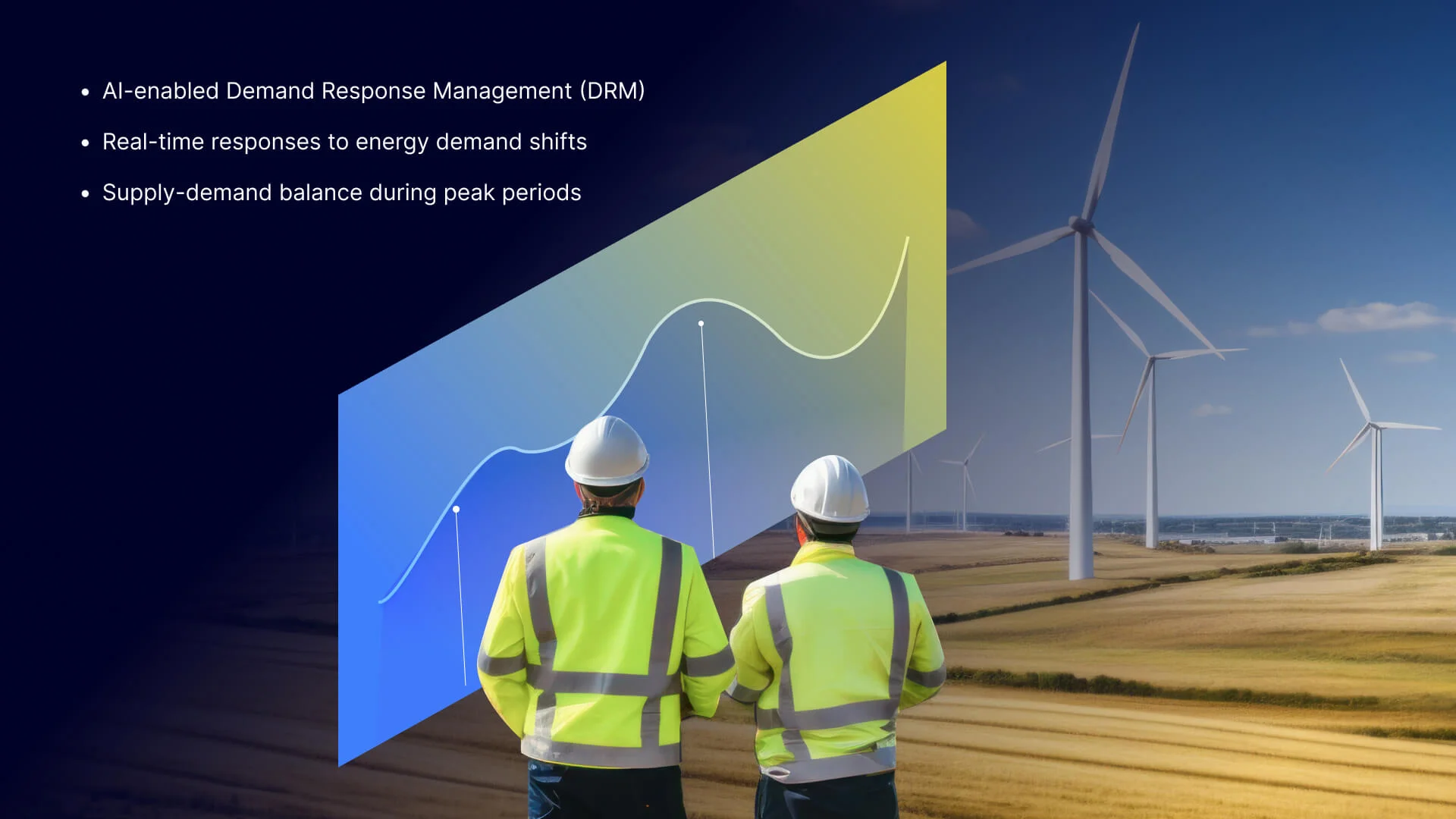
2. Predictive Analytics for Equipment Maintenance
Integrating AI and Data Science in EnergyTech is pivotal in predicting equipment failures. Through the strategic integration of AI, energy companies gain the ability to anticipate and predict when their equipment is prone to failure or in need of maintenance. Machine learning analyzes data from diverse sources, including usage statistics, weather data, and historical maintenance records to predict potential failures in systems and subsystems before they transpire. This predictive approach minimizes downtime, curtails repair costs, and elevates the overall reliability of energy infrastructure.
Simultaneously, Data Science enables real-time monitoring that can be linked to an app to facilitate proactive maintenance from both the consumer and the provider’s ends, enhancing overall equipment efficiency and preventing costly breakdowns. Energy AI-driven predictive maintenance emerges as a proactive solution, fostering operational efficiency and fortifying the resilience of energy systems.
3. Demand Response Management
Effective demand response management (DRM) is a critical strategy within the energy sector, designed to optimize electricity consumption and maintain the stability of the electrical grid. AI in energy management introduces a transformative dimension to DRM by establishing an interactive link between energy providers and consumers, facilitating real-time responses to shifts in energy demand. This strategic approach involves the dynamic adjustment of electricity usage, primarily within commercial and industrial entities, in response to signals from grid operators or energy providers.
The overarching goal is to balance supply and demand, particularly during peak periods, by initiating load shedding to alleviate strain on the grid and avoiding the necessity for costly infrastructure upgrades.
4. Energy Trading
The predictive capability of AI serves as a sophisticated analyst of intricate market dynamics within the energy trading sector. Operating with remarkable speed and precision, it processes real-time data encompassing pricing, demand, and supply trends. This empowers energy companies to make well-informed and profitable trading decisions. Beyond its analytical abilities, Data Science applications and AI in energy trading and market analysis optimize strategies, ensuring effective participation in energy markets, and executing numerous trades in milliseconds. This high-speed functionality optimizes energy portfolios, simulates market scenarios, analyzes sentiment, automates tasks, and dynamically adapts to changing market conditions, enabling the detection of market opportunities and risks that may elude human traders.
Through analytics, demand fluctuations are anticipated and managed, contributing to enhanced AI-driven energy efficiency, cost reduction, and a smoother transition toward renewable energy sources. Machine learning in the energy sector excels in demand forecasting by monitoring individual customers' daily consumption patterns. This optimization allows for more efficient resource usage, leading to cost reductions in energy production.
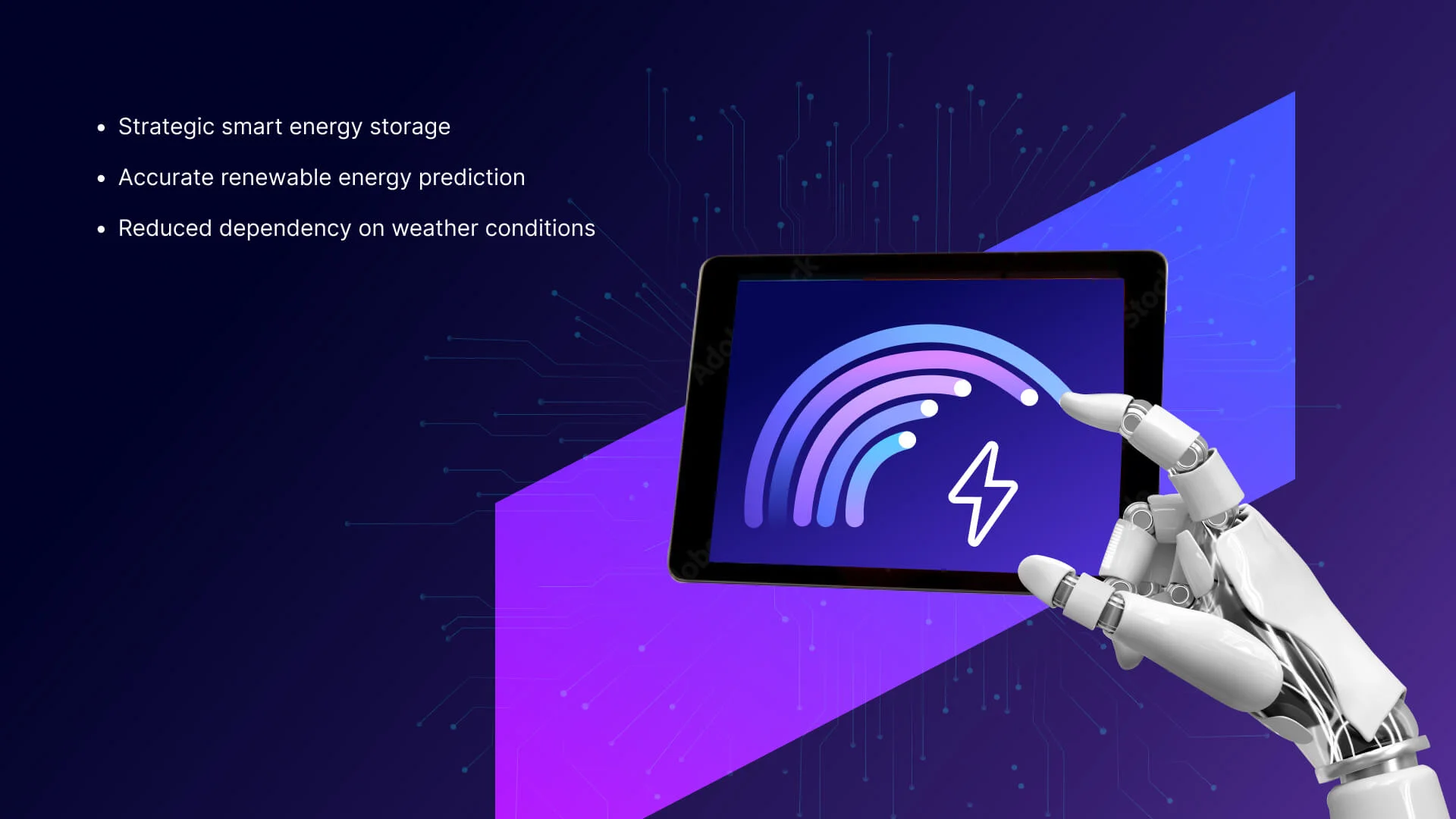
5. Renewable Energy Integration and Storage
AI and data science in EnergyTech revolutionizes the storage and distribution of energy derived from renewable sources. By factoring in dynamic variables such as demand, supply, pricing, and grid conditions, AI algorithms precisely determine the optimal moments to store energy, when to release it, and the optimal distribution quantities. Particularly for renewable sources such as wind and solar, AI algorithms, backed by Data Science, meticulously analyze a blend of weather forecasts, historical generation data, and real-time conditions.
This comprehensive approach equips energy providers with the ability to accurately predict the availability of renewable energy, facilitating enhanced balancing of supply and demand dynamics. Further benefits of AI in the Energy sector include smart energy storage that strategically captures excess energy generated during peak periods, storing it for use during times when these sources are not actively producing electricity. Beyond general applications, energy storage takes on critical importance in vital facilities such as hospitals, data centers, and emergency services. Overall, the application of artificial intelligence in renewable energy systems proves advantageous in reducing dependence on weather conditions.
The Future of AI and Data Science in the Energy Industry
The future of AI in the energy sector is promising, poised to optimize energy generation, distribution, and consumption continually. With the evolution of increasingly sophisticated data-driven solutions, businesses can expect enhanced efficiency of renewable energy sources, fortifying grid stability and mitigating greenhouse gas emissions. The prevalence of smart grids and demand response management will empower consumers to control their energy consumption proactively.
Predictive maintenance will emerge as a pivotal force facilitated by AI and data science in EnergyTech, minimizing downtime and elevating equipment reliability. AI's contributions to carbon capture and storage efforts will actively contribute to the global fight against climate change. As technology progresses and AI becomes more ingrained in energy systems, businesses can look forward to a more sustainable and efficient energy landscape.
Email us or Talk to us at +91-98367-81929 or Simply Contact Us through the website.
Let's Connect


